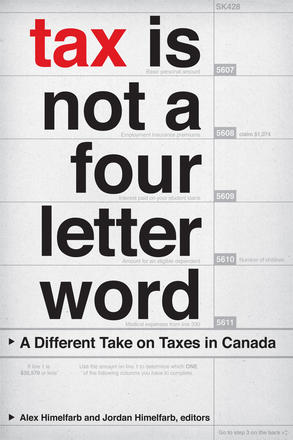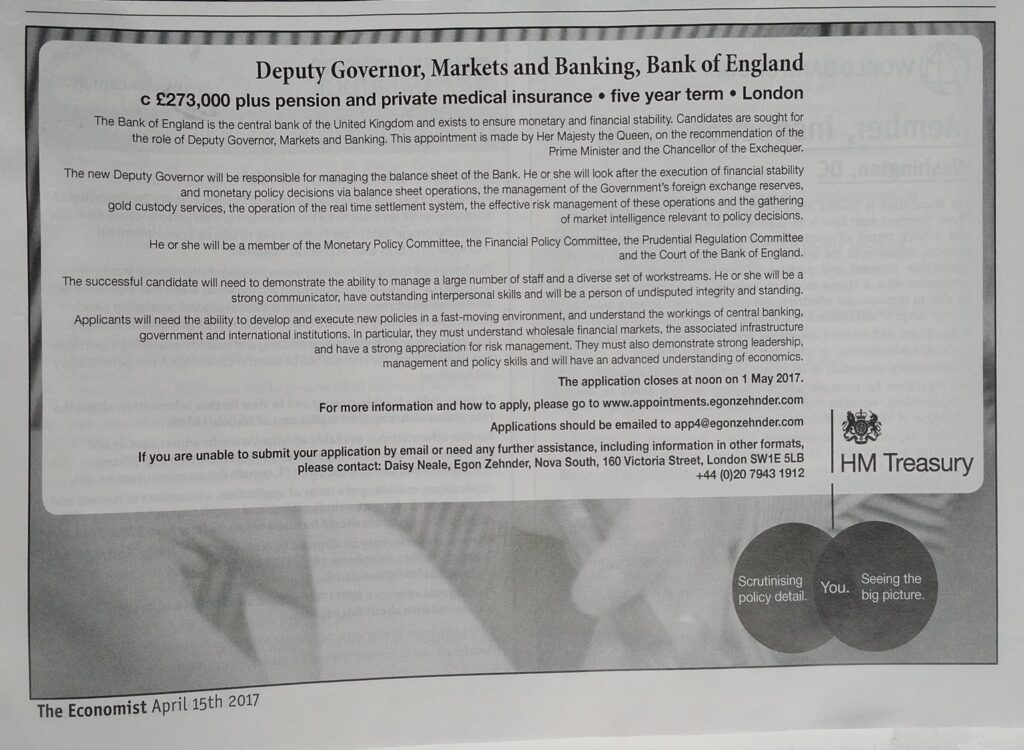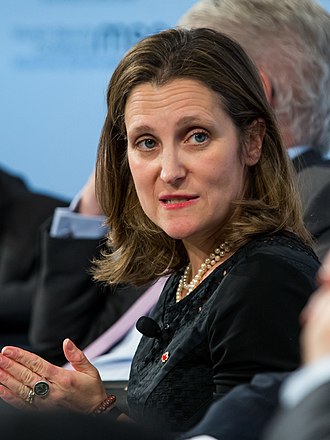On 18 June, I presented a webinar with this deliberately provocative title as the inaugural event in Fuse’s Covid-19 seminar series. I think the provocation is fully justified by the most recent summaries of the UK’s failed response to the pandemic, notably from The Economist, the Oxford Research Group and Reuters. (A superb one from The New York Times unfortunately appears to be behind a paywall.)
You can find an archived recording of the presentation here. My particular focus, as in an earlier posting to this blog (in which I pointed out that the Adam Smith Institute and the leader of the Labour Party were agreed on the importance of a coherent post-lockdown economic strategy), was on what can be learned from the experience of Russia in the generation since the implosion of the Soviet Union about the possible health and health equity consequences of drastic economic collapse.
Fuse have kindly collected the questions submitted by audience members, not all of which could be addressed in the available time, and I’ve provided brief answers in italics below, under several topic headings.
(This post was updated on 30 June to add a reference to the excellent Reuters report on the UK’s coronavirus response.)
Economic inequalities
and uncertainties
Just an observation- what to do about inequality is known,
what we lack is the political will to act.
On the other hand… I think we have a generation who will
no longer stand for inequalities and injustice. In the words of the late
Whitney- I believe the children are our future…
I am also concerned about this issue being compounded by the
uncertainty of Brexit when the economy was already in jeopardy pre-Covid 19
A perfect storm – austerity, Covid and Brexit
Agreed that much of
what to do about inequality is known … as a small example, researchers at the
University of Warwick recently
showed that just requiring everyone earning more than £100,000 a year to
pay an alternative minimum income tax rate of 35 percent would raise around £11
billion per year, without changing the ‘headline’ tax rate. Raising the rate on high-income earners would
further increase fiscal capacity, as would such measures as a one-off wealth
tax of the kind proposed by Thomas Piketty as a way of paying off Europe’s
rising debts after the 2008 financial crisis … and, of course, curbing tax
avoidance by transnational corporations.
Agreed as well about the added uncertainties associated with Brexit. For example, what happens to the economy of the North-East if the Nissan plant in Sunderland cannot remain viable? The one bright spot may be what could be done, but probably won’t be, in terms of national economic redevelopment once EU rules on state aid no longer apply.
What we need to do is convince those in power that the
health of the poor actually has implications for their wealth and wellbeing.
Ah, but does it? COVID-19 would appear to prove the point, but consider how much easier it has been for Mr. and Mrs. Range Rover with a house, a garden, high-speed broadband and professional occupations to work from home and reduce exposure risk … meanwhile, the poor and marginalised in service sector occupations that require in-person work and presonal contact are obviously unable to work from home, whilst in many cases more vulnerable to the various comorbidities that appear to increase the severity of infection.
A Basic Universal Income … a ‘healthy response’ to
economic and social sustainability?
Maybe, if it is not seen as a substitute for investment in in-kind social provision (e.g. social housing, public transport, public health programming). If used as a substitute, a Basic Universal Income could function as a subsidy for private landlords and dodgy second-hand car dealers, with recipients acting as the intermediaries. I believe a better response is a basic living income floor, delivered to those eligible by way of a refundable tax credit.
Do we have economic evidence to argue the case for tackling
inequality? For example if we introduced a Basic Universal Income does this
have a cost benefit analysis that could convince the rich that it is a good
idea?
Here, the answer is an
emphatic yes – as the OECD, for example, pointed out in 2015 in a report called
In
It Together: Why Less Inequality Benefits All. Researchers at the International Monetary
Fund have
made a similar point about the need for inclusive growth. The political problem, as economist Branko
Milanovic has shown, is that ‘the rich’ may have much more to gain from
promoting policies that redistribute income upward, of the kind we have seen in
the UK post-2010, than from promoting economy-wide growth. Building coalitions around the idea of
inclusive growth will be absolutely essential if the pandemic is not to have
the effect of ratcheting up inequality.
How many gold-plated Lear jets can one have?
Can’t speak to private aircraft, which is not a market in which I window-shop, but readers who love the sea and want to get really frustrated may want to check out the 200 largest yachts in the world.
Rebuilding economy
and society: ‘Building
back better’
The areas hardest hit economically seem to be in the North,
Midlands, coastal areas etc. Do you have
any insights on the impact of governance structures on preparation for and
response to the pandemic? Do countries
with more genuinely devolved powers respond better?
A very good question;
I’m sure PhD dissertations will be written in the years to come on precisely
that topic.
I think we can only depend upon the local communities. Take
Grenfell: Government stood back, community rushed in to support.
The third sector have traditionally always stepped in when
the statutory sectors have cut back support/resources. I’m interested to know what it is that
enables the third sector to do this and what are the barriers that prevent the
government.
I would agree that a communitarian approach is key. Hoping to appeal to the conscience of the rich seems wasted energy. For those of us in the academy could we try to make the case to our HE [higher education] institutions that working with charities, mutual aid groups and the third sector is part of our civic duty? There are groups, such as APLE and ATD Fourth World, pushing and campaigning hard against the worst effects of inequality.
What does the best response to avoid the potential Russian
pitfalls more specifically look like at a local level?
Surely we created a North of Tyne Combined Authority and
Northern Powerhouse to take control of our assets and our future.
Again, all important points. There are at least two different issues here: (a) local control over priorities for building back, which is essential, and (b) local resources for building back, which are hopelessly inadequate thanks in part to the fiscal evisceration of local government under post-2010 austerity.
Local governments and entities like NTCA simply did not have the revenue streams or revenue-raising capabilities they needed even before the pandemic, as I pointed out in the presentation.
I am convinced that the most likely approach to succeed at the national level is a national development bank, with a multi-billion pound initial capitalisation, empowered to lend on concessional (nowadays, zero-interest) terms and offer direct grants to private businesses and, especially, local authorities for green rebuilding projects, under a streamlined planning process. (Such rebuilding in war-ravaged Europe was, in fact, the original mission of the World Bank.) Think what such an institution could achieve with the resources that would otherwise have been committed to HS2 and the road infrastructure necessitated by the third Heathrow runway …
At the international
level, a remarkable pre-pandemic blueprint for a global New Deal
was produced in 2017 by the United Nations Conference on Trade and
Development. Good ideas are not thin on the
ground.
Age and ageing
How do we challenge the ‘othering’ of the elderly and those
with pre-existing health conditions? There seems to be a tacit agreement that
this is an expendable group.
Do you think ageing populations and care homes being in the
spotlight during the pandemic will change how our society sees ageing?
Yes please to an ageing and Covid webinar!
Why have we [collectively] allowed the crisis in the care
homes to accumulate over the past few decades?
There’s a cultural ‘groupthink’ that only other people grow
old and get ill – ageing is ‘nothing to do with us’. How can we influence
people to make the connection to the fact that it’s their own future care
that’s in jeopardy?
All excellent points,
and it is hard to avoid the conclusion that the elderly have been regarded as
expendable, whether infected in care homes (and this has been a scandal
throughout most of the high-income world) or effectively, in some countries
like the UK, placed under house arrest. In
Canada’s two largest provinces, Ontario and Québec, no one familiar with the long-term
care sector’s decades of underfunding, patchwork public/private provision, casualisation
of personal support workers and under-regulation was surprised when some
facilities turned into charnel houses. Will
this change? I am sceptical, although
encouraged by the creative response of organisations like the International Longevity Centre here in the UK.
Fighting back,
building ahead
How can we ensure that the public health community don’t shy
away from the inherently political nature of inequality and its impacts?
How can we come together as a PH community – and bring about
change in a meaningful impactful way without falling into a purely political
debate which is a distraction from the key debate?
Public health is everyone’s business it will take all
sectors working together.
Good questions,
although I can’t agree that ‘purely political’ debates are necessarily a
distraction. Choices about who gets how
much of a society’s resources, and on what terms, are at the core of politics,
and public health risks irrelevance by ignoring them.
Are we hindered because the Public Health community does not
have a collective voice? This completely reduces our influence in the system.
I think the fact that we separate health from public health
is part of this problem. All health is
public health. It is a sleight of hand to suggest otherwise.
I’m not sure that the
public health community lacks a collective voice. It has, in the UK, both the Faculty of Public Health
and the Royal Society for Public Health. The problem seems to me rather that highly
accomplished public health professionals have been deeply divided about such
issues as the unequal distribution of health damage and long-term economic risk
associated with the lockdown … which has meant that the political executive can
cherry-pick the ‘science’ it wants.
COVID-19 is hardly unique in this respect! But in the course of spending far too much
time reading media coverage of the pandemic, I’ve been struck by the extent to
which The Telegraph ‘got’ the issue
of unequal damage from lockdown, and The Guardian didn’t.
I have a question following on from above – what do you see
as the key points and forms of resistance to this? Especially given the positions of many
governments, not least in the UK.
I’m very concerned that these stark inequalities are
fuelling reactionary far right wing populism / nationalism / patriotism – and
the current government are happy to let this narrative run. Any ideas of how
this can be challenged?
I wish I had better
answers; hopefully the important dialogue that Fuse has initiated will
contribute to developing them, as will a revival of critical thinking in UK
universities. As a political scientist,
I have to observe that one of the undesirable characteristics of
Westminster-style parliamentary systems is that a government with a legislative
majority is so impermeable that it functions as an elective monarchy, in this
case with a term of office that runs until the end of 2024.
What can universities contribute to the resistance of this
future in terms of our teaching?
Education has been commodified and is not about
transformation. We need to address who can access education and what is
provided when they get there … thinking Pedagogy of the Oppressed.
These are of course
critically important questions, about which (in particular) Stefan Collini and
Lawrence Busch
have written brilliantly. More recently
another Canadian (like myself), retired legal scholar Philip Slayton, had
this to say:
‘A curious and
well-informed mind is a free mind, and a person with a free mind is a free
person; creating this free person is what education, particularly postsecondary
education, is meant to do. Universities need to reject a corporate consumer-driven
model; a student is not a “client.” Universities must eschew misguided
vocationalism, emphasize the development of critical thinking – in particular,
the ability to distinguish between a good argument and a bad argument – and
recognize that society needs dreamers at least as much as technicians. They
need a fee structure that makes postsecondary education available to all
without career-distorting long-term debt. And they need to welcome the
expression of all views, even extreme ones.’




